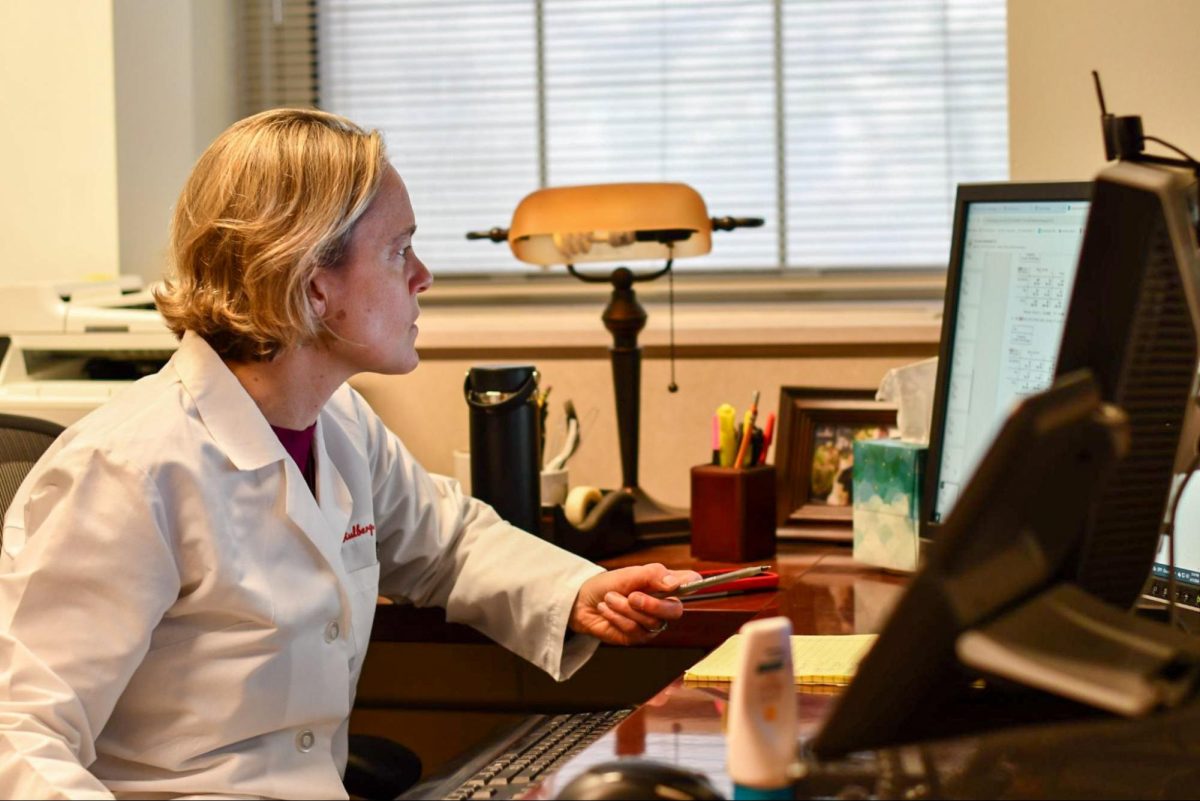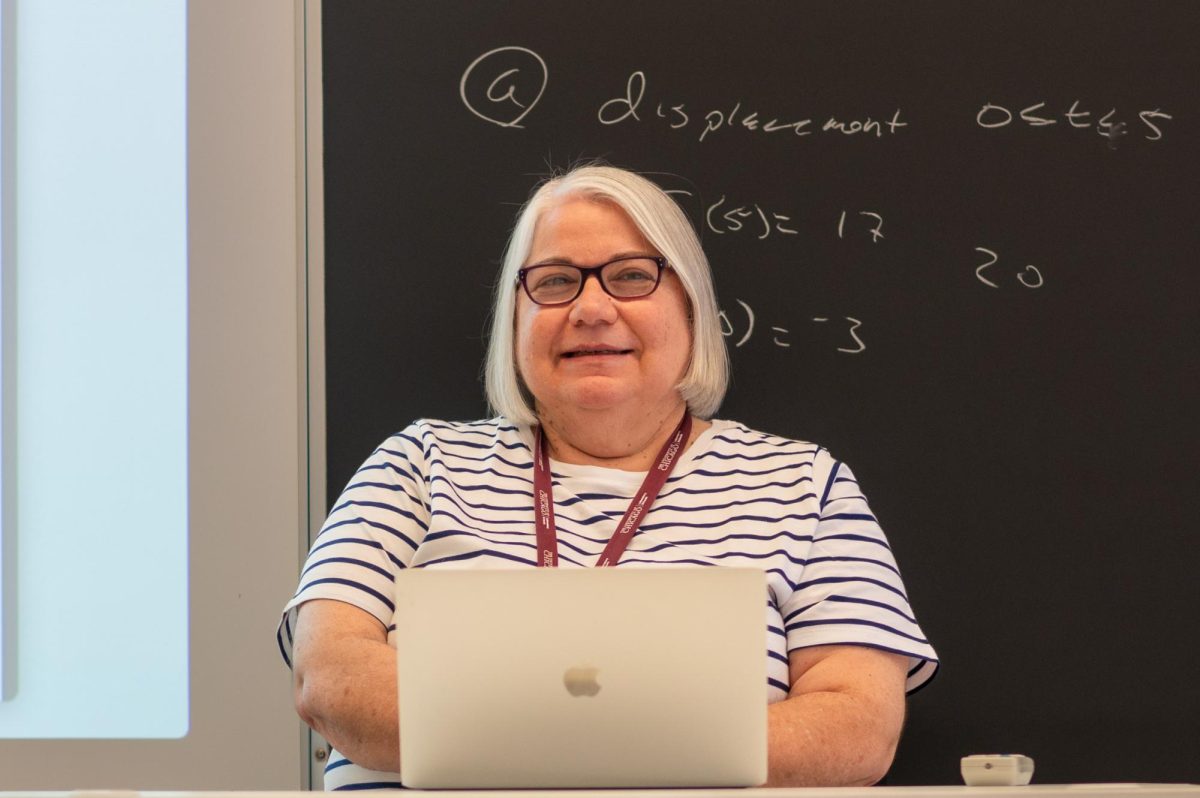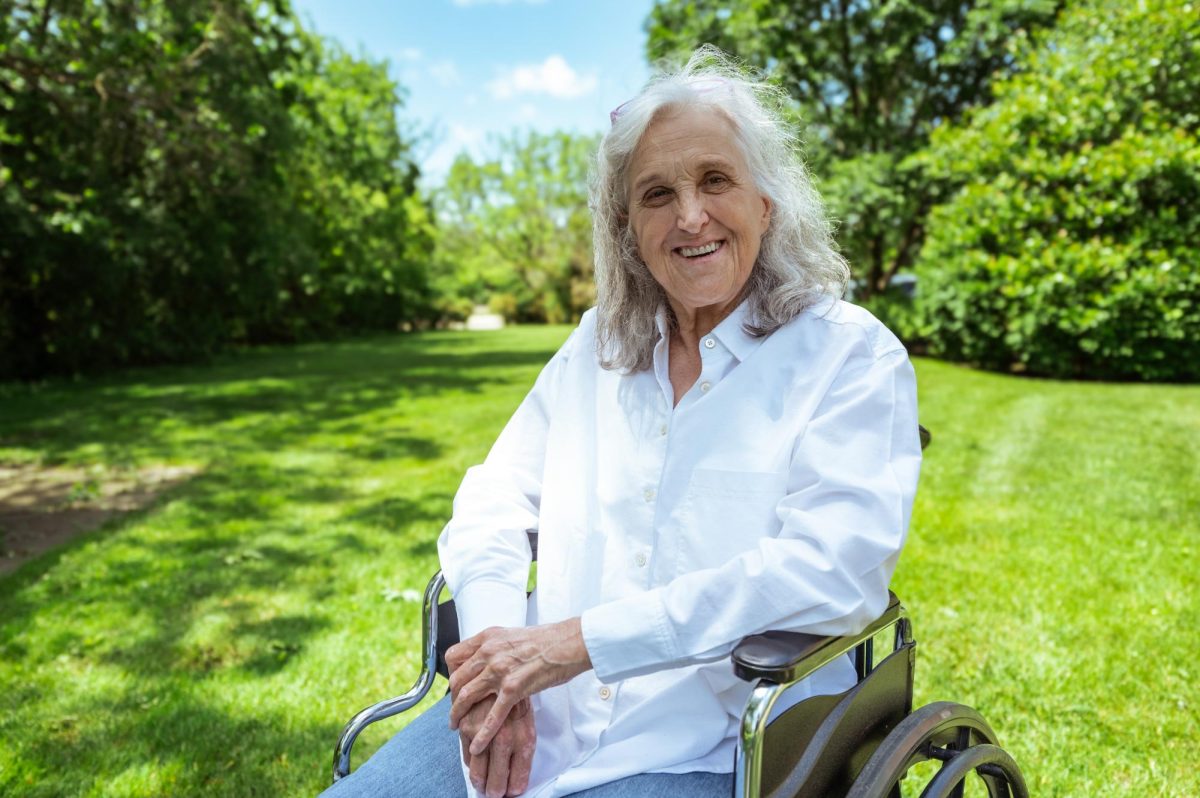It’s June 22 2022, and Debra Stulberg is checking her phone, as she usually would, and sees the headline that would regnite the battle of women’s healthcare in the United States: Roe v. Wade was overturned by Supreme Court.
Many abortion advocates, including Debra Stulberg, a physician at the University of Chicago, have been fighting to keep and expand access to reproductive healthcare.
Dr. Stulberg began her research in the early 2000s and has since been a healthcare advocate for women and the LGBTQ+ community. She is currently professor and chair of family medicine at UChicago, in addition to being a primary care physician.
She has spent the last decade conducting research and employing her efforts in multiple related projects. She helped to create one project called ExPAND Mifepristone, which is an acronym for: Excellence in Providing Access to New Directions in Mifepristone Use.
Mifepristone is a medication used to help women end their pregnancy in the first trimester.
“This project helps primary care clinics offer mifepristone, not because they need help providing abortions but because of all the rules and regulations that put unnecessary hurdles in healthcare providers’ way,” Dr. Stulberg said.
After her project went into place, Dr. Stulberg and her colleague interviewed women who used mifepristone with the help of the project.
Dr. Stulberg said, “It was really gratifying because the patients said they were really appreciative to have all their care in one place and felt comfortable in this clinic, so if they were to have a miscarage, they felt comfortable to be taken care of in that clinic.”
Another project Dr. Stulberg co-directs is the Midwest Access Project, which fills gaps in medical training by educating physicians to provide sexual and reproductive health care.
“The Midwest Access Project originally started in the Midwest, but I’m really proud to say it’s expanding a bit and has many physicians who are actively learning to create great care,” she said.
In Illinois, Dr. Stulberg notes, there are laws in place to protect women’s access to abortion, if or when needed.
“Illinois providers have done a great job providing what women need in terms of health care,” Dr. Stulberg said, “but when women from different states need to come here for care, we really need to increase our capacity. I think it’s also really important to do abortions early, so when women need life-saving abortions there will be the resources to provide that.”
In Florida, there are very limited resources for women to access these abortions and starting May 1, abortions will be limited to within the first six weeks of pregnancy.
“The laws are designed to sort of demonize the idea of getting an abortion, but what they don’t realize are all the real life circumstances that might put someone in the position of needing an abortion or needing care for this complication,” Dr. Stulberg said.
Dr. Stulberg remains optimistic that reproductive healthcare rights will ultimately be expanded.
“The laws preventing abortions will not end them, they will only add difficulty,” Dr. Stulberg said. “Being poor should not get in the way of access to abortion. Everyone should have access to reproductive healthcare.”

















